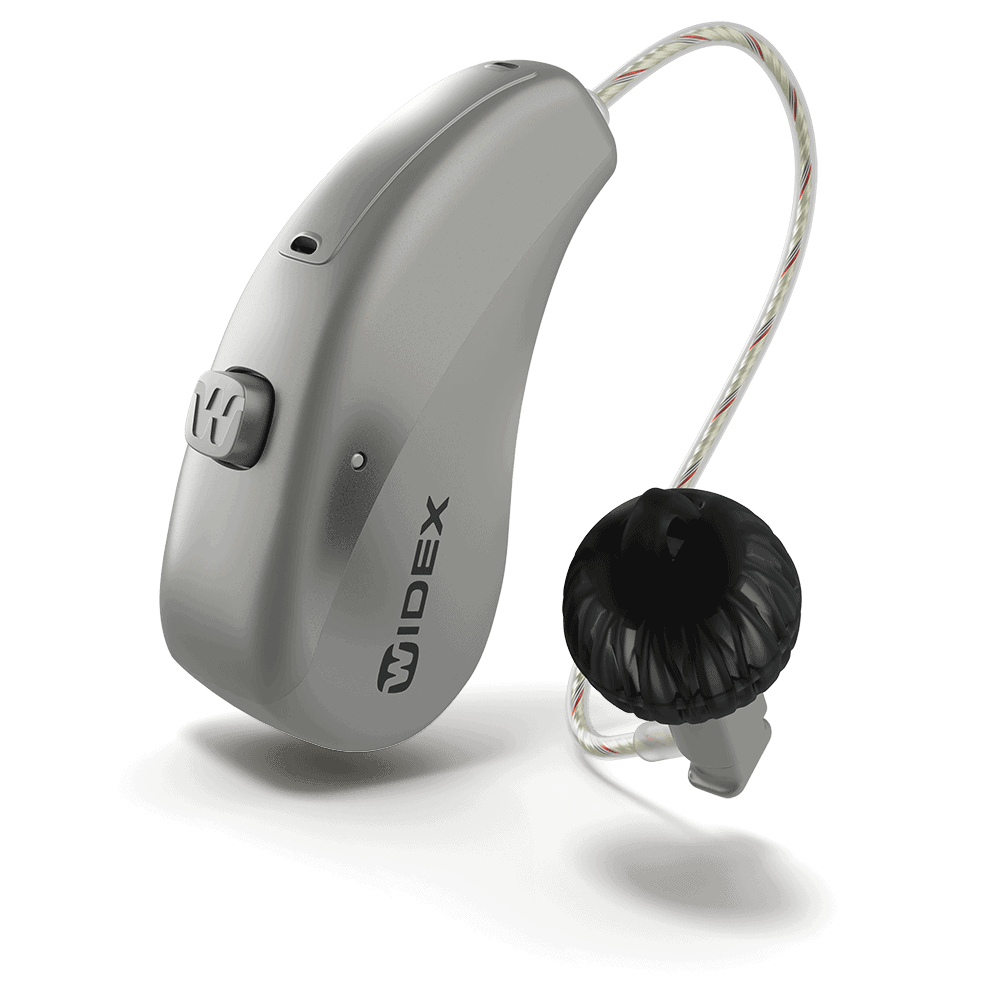
Hearing loss is a prevalent condition that can affect the quality of your life. You might get stressed out, feel irritated, or deal with headaches. But hearing aids help individuals dealing with hearing loss a lot.
With the availability of over-the-counter hearing aids and online resources, it’s tempting to skip the step of consulting a doctor or hearing care professional. However, it’s crucial to understand the importance of seeking professional guidance when it comes to using hearing aids.
In this blog, we will be exploring the reasons why consulting a doctor or hearing care specialist is necessary and the potential risks associated with using hearing aids without professional guidance.
Accurate Diagnosis and Assessment:-
Hearing loss can have various underlying causes, including age-related factors, long exposure to noise, or some medical conditions. Consulting a doctor or hearing care professional allows for an accurate diagnosis of the specific type and degree of hearing loss. They will conduct a comprehensive assessment, which may involve audiometric tests, to determine the best course of action.
Perfect Fit, Perfect Sound
Hearing aids are not one-size-fits-all devices. Each individual’s hearing needs are unique, and proper fitting is crucial for optimal performance. Hearing care professionals have the expertise to select and customize the right hearing aids based on individual requirements. They consider factors such as lifestyle, hearing loss severity, and personal preferences. They also ensure that the devices are appropriately programmed and adjusted to deliver the best possible sound quality and comfort.
Understanding and Managing Your Hearing Aid Experience
Hearing care professionals play a vital role in managing expectations when it comes to hearing aids. They provide realistic insights into the benefits and limitations of the devices, helping individuals set appropriate expectations. They can address concerns about device usage, maintenance, and potential challenges during the adjustment period. This guidance is crucial for a smooth transition and for maximizing the benefits of hearing aids.
Monitoring and Follow-up Care for Lasting Results
Regular monitoring and follow-up care are necessary to ensure the ongoing effectiveness of hearing aids. A doctor or hearing care professional can track any changes in hearing ability, adjust settings as needed, and address any emerging issues. They provide ongoing support and guidance, including troubleshooting technical problems or addressing discomfort. They also inform individuals about advancements in hearing aid technology or any updates that may benefit their needs.
Avoiding Potential Risks with Expert Guidance
Using hearing aids without consulting a doctor or hearing care professional can pose several risks. First, without an accurate diagnosis, individuals may select hearing aids that are not suitable for their specific type and degree of hearing loss, resulting in ineffective treatment. Improper fitting and adjustment can lead to discomfort, poor sound quality, or even damage to the ears. Additionally, without professional guidance, individuals may not be aware of proper usage, maintenance, and potential risks associated with hearing aids.
